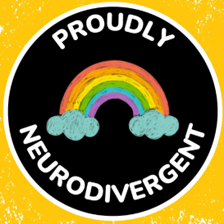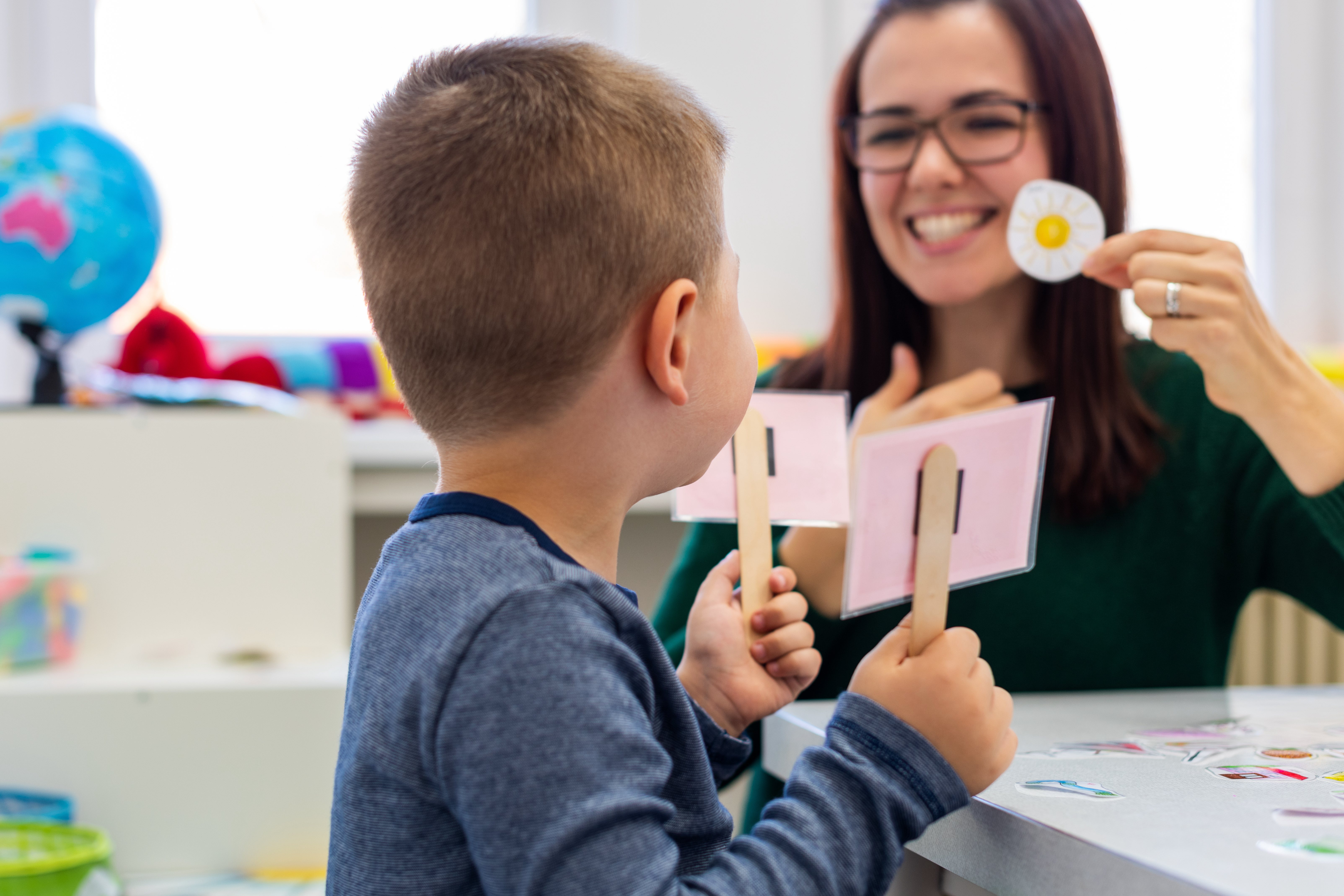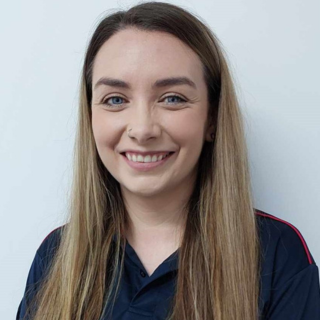Understanding Neurodiversity: Embracing Different Ways of Thinking
Monday, January 6, 2025
Neurodiversity is the idea that every brain works differently. Just like how everyone has their own talents and ways of doing things, our brains process information in unique ways. People who are considered neurodivergent may be Autistic, have ADHD, dyslexia etc. Some people may think or learn in ways that are different from what is considered “typical,” but that doesn’t mean it’s wrong. In fact, there is no single “right” way for a brain to work!

These differences, coupled with a society that has been designed for neurotypical people, can make some tasks more difficult, but neurodivergent people also have unique strength. For example, someone with ADHD might be very creative or energetic, while an autistic child might have a special ability to focus deeply on specific interests or tasks. Neurodiversity isn't just about recognising challenges—it's about celebrating these unique strengths and talents and acknowledging that there is not one right way to learn, think, or be. A neurodiversity-affirming approach means accepting all kinds of thinking as valuable. It’s about creating spaces where people can thrive, no matter how their brains work. Every child deserves the chance to succeed in ways that make sense for them.
When we embrace neurodiversity, we create environments that are built for every neurotype and challenge the idea that the “right” way of doing things is the neurotypical way. For children, this might mean changing how we teach or providing extra support. For example, a child with dyslexia might benefit from listening to audiobooks or having more time to read, while a child with ADHD might feel better with frequent breaks during lessons. A neurodiversity affirming therapist will promote connection and comfort, rather than compliance. For example, if an autistic child is uncomfortable with eye contact, we can support them to build connection without requiring the child to make eye contact.
Professionals like Speech Pathology play an important role in supporting neurodiversity. By understanding the strengths and needs of each child, we can help create personalised plans that allow children to reach their full potential. For example, a Speech Therapist may work with children to improve communication skills, social interactions, and promote self-advocacy (i.e. help your child with the communication skills they need to stand up for themselves).

If you want to learn more about how a neurodiversity affirming Speech Language Pathologist can help your child, contact Physio Inq Panania on (02) 9129 0707 for more information.

